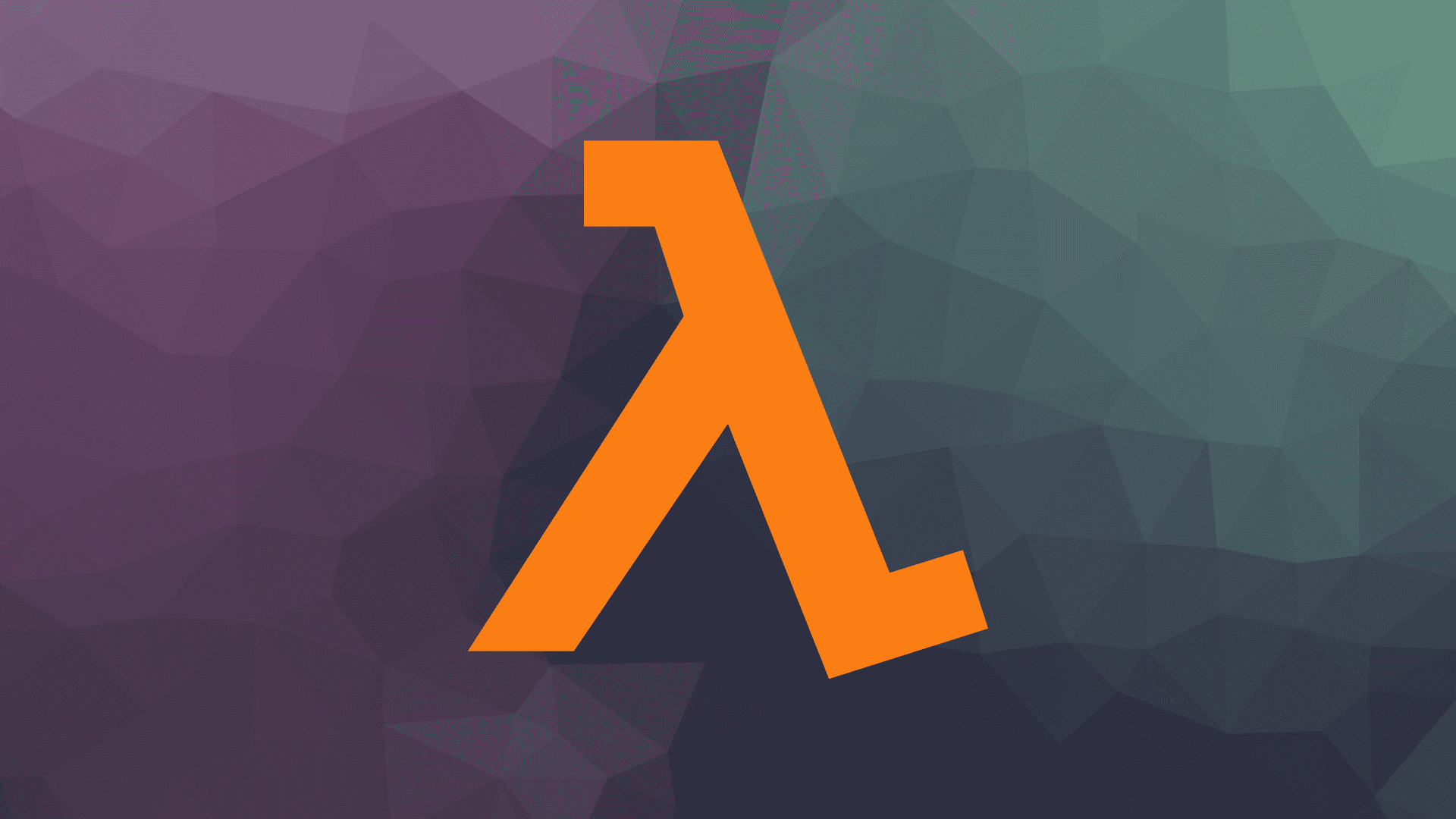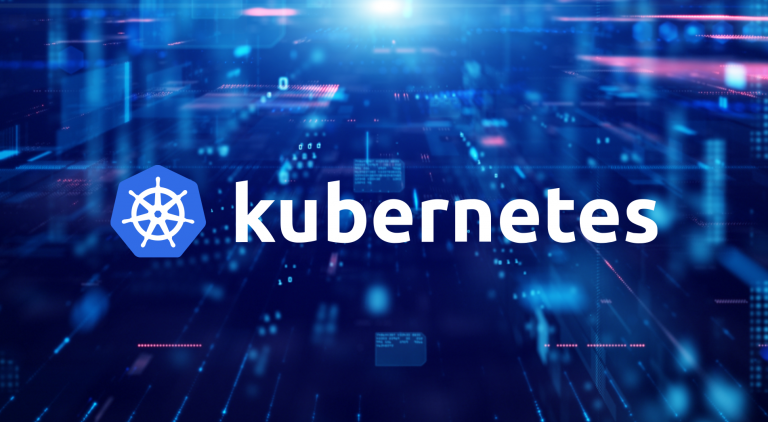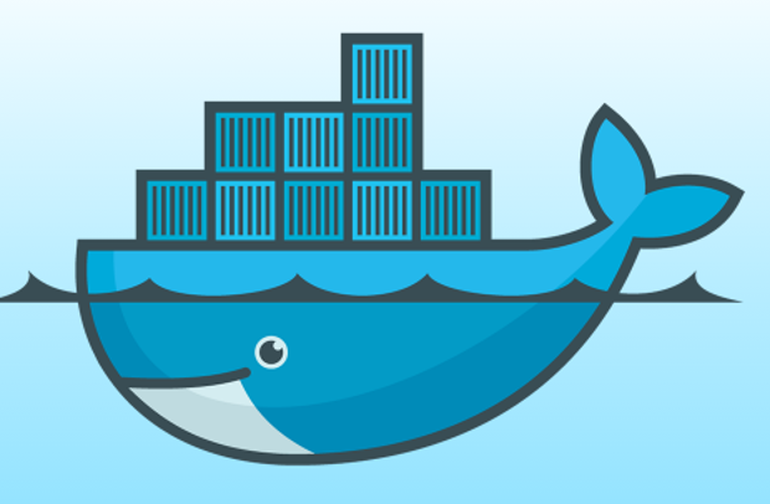
Lamzing
February 16, 2023
AWS Lambda

AWS Lambda is a serverless computing service that allows developers to run code without provisioning or managing servers. It provides a flexible and cost-effective way to build and run applications in the cloud. In this blog, we will explore the key features and benefits of AWS Lambda and how it can benefit developers and businesses.
What is AWS Lambda?
AWS Lambda is a serverless computing service that allows developers to run code without provisioning or managing servers. It enables developers to build scalable and flexible applications by providing a way to execute code in response to events, such as changes to data in an Amazon S3 bucket, updates to a DynamoDB table, or API requests.
AWS Lambda supports a wide range of programming languages, including Node.js, Python, Java, Go, Ruby, and C#. This makes it easy for developers to write code in their preferred language and run it in the cloud.
Key features of AWS Lambda
- Serverless computing - With AWS Lambda, developers don't have to worry about managing servers, scaling infrastructure, or maintaining operating systems. This allows developers to focus on writing code and building applications, rather than managing infrastructure.
- Event-driven architecture - AWS Lambda enables developers to build event-driven applications by executing code in response to events. This allows applications to respond quickly and automatically to changes in data or user behavior.
- Auto-scaling - AWS Lambda automatically scales resources up and down based on the demand for a function. This means that developers only pay for the compute time that is used, which makes it a cost-effective solution for running applications in the cloud.
- Integration with other AWS services - AWS Lambda integrates with a wide range of other AWS services, including Amazon S3, Amazon DynamoDB, Amazon API Gateway, and Amazon Kinesis. This makes it easy to build complex applications that utilize multiple AWS services.
Benefits of AWS Lambda
- Cost-effective - AWS Lambda provides a cost-effective way to run applications in the cloud. Developers only pay for the compute time that is used, which can lead to significant cost savings compared to traditional hosting solutions.
- Scalable - AWS Lambda enables developers to build scalable applications that can handle high volumes of traffic and requests. It automatically scales resources up and down based on demand, which ensures that applications are always available and responsive.
- Flexible - AWS Lambda supports a wide range of programming languages and integrates with a wide range of other AWS services. This makes it a flexible solution for building a wide range of applications.
- Easy to use - AWS Lambda is easy to use, with a simple and intuitive user interface. It also provides a wide range of documentation and tutorials to help developers get started quickly and easily.
Getting started with AWS Lambda
To get started with AWS Lambda, you need to follow a few steps:
- Create an AWS account - If you don't already have an AWS account, you'll need to create one to use AWS Lambda.
- Create a Lambda function - You can create a Lambda function by writing code in your preferred language or using a blueprint.
- Configure triggers - You can configure triggers for your Lambda function, such as an S3 bucket, DynamoDB table, or API Gateway endpoint.
- Test and deploy - You can test and deploy your Lambda function using the AWS Lambda console, CLI, or SDKs.
Conclusion
AWS Lambda is a powerful and flexible serverless computing service that enables developers to build scalable and cost-effective applications in the cloud. It provides a wide range of features and benefits, including serverless computing, event-driven architecture, auto-scaling, and integration with other AWS services. By understanding the key features and benefits of AWS Lambda, developers can improve their workflows and streamline their application deployment processes.



